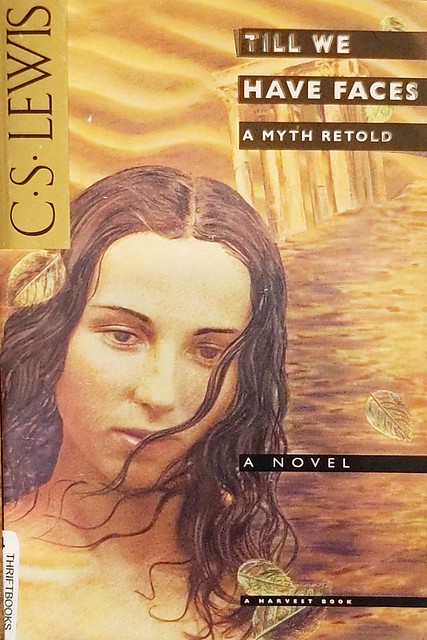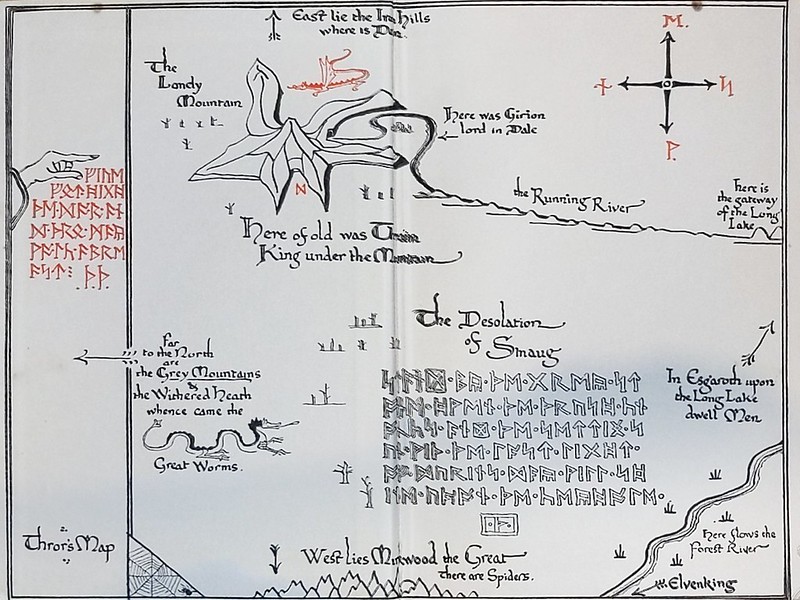 MFD has a lofty place in the annals of books that no-one reads; and having now read it, I can see that is entirely justified. And lest you think I just don't like long books I reply oh no indeed: I rather liked Anathem and LOTR and even Proust. The problem with MFD is the lack of a plot. You might reply "but what could be more exciting than a whaling yarn" and the answer to that is that very little of the book is plot; most of it is regurgitated facts about whaling and other matters, doubtless all "fascinating" in some abstract sense but actually not very fascinating. Wiki offers A contribution to the literature of the American Renaissance, Moby-Dick was published to mixed reviews, was a commercial failure, and was out of print at the time of the author's death in 1891. Its reputation as a "Great American Novel" was established only in the 20th century, after the centennial of its author's birth. William Faulkner said he wished he had written the book himself, and D. H. Lawrence called it "one of the strangest and most wonderful books in the world" and "the greatest book of the sea ever written". That last seems implausible in the face of Conrad. "Call me Ishmael" is good, though.
MFD has a lofty place in the annals of books that no-one reads; and having now read it, I can see that is entirely justified. And lest you think I just don't like long books I reply oh no indeed: I rather liked Anathem and LOTR and even Proust. The problem with MFD is the lack of a plot. You might reply "but what could be more exciting than a whaling yarn" and the answer to that is that very little of the book is plot; most of it is regurgitated facts about whaling and other matters, doubtless all "fascinating" in some abstract sense but actually not very fascinating. Wiki offers A contribution to the literature of the American Renaissance, Moby-Dick was published to mixed reviews, was a commercial failure, and was out of print at the time of the author's death in 1891. Its reputation as a "Great American Novel" was established only in the 20th century, after the centennial of its author's birth. William Faulkner said he wished he had written the book himself, and D. H. Lawrence called it "one of the strangest and most wonderful books in the world" and "the greatest book of the sea ever written". That last seems implausible in the face of Conrad. "Call me Ishmael" is good, though.I feel - but do not have the literary resources to prove - that it might resemble the (flaws in) medaeival literature that Lewis acknowledges: the dullness from padding. And so much of the "detail" does appear to be padding. I also disliked the "voice" of the padding, for which I'll have to give you an example: No good blood in their veins? They have something better than royal blood there. The grandmother of Benjamin Franklin was Mary Morrel; afterwards, by marriage, Mary Folger, one of the old settlers of Nantucket, and the ancestress to a long line of Folgers and harpooneers-all kith and kin to noble Benjamin-this day darting the barbed iron from one side of the world to the other. And so on.
You're also wondering where on Earth the weird name "Moby Dick" came from, and the answer is Mocha Dick.
There's also a problem of sympathy: doubtless when written whalers were providing a useful service viz whale oil, but I cannot understand their total lack of sympathy for their prey, which - unless I've forgotten, and recall that I started this book many years ago in Mallorca - is not explored in the book, perhaps because the very concept was absent in 1850. I do recall that in one of the POBs Maturin asks a whaleman "do you not feel anything on taking so hugeous a life?" and the answer is a stolid no, and that's it. But that then rather upsets the excitement of the Quest; the book presents Ahab as on some semi-justified quest or perhaps a war against an adversary, the whale; but of course the whale is just hoping Ahab will fuck off and leave him in peace1.
Notes
1. I know, it isn't really like that, but you see the problem I hope.




